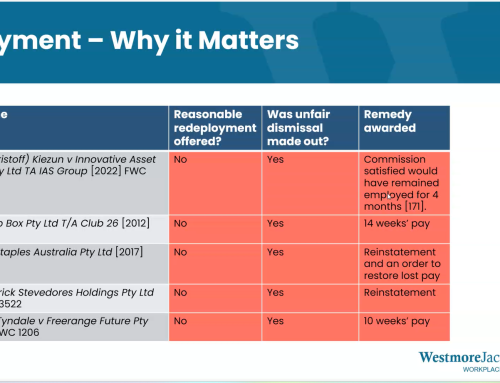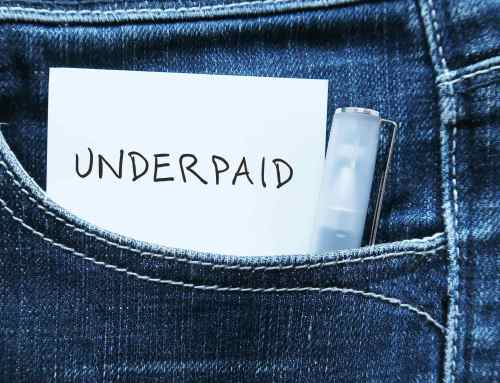The only constant in workplace law is change. 2019 promises to be no exception to that. Many legislative changes have already been announced for the new year. Here are five changes for 2019 employers should look out for.
1 – Casual Conversion Clauses extended to Most Employees
The Coalition has announced it will legislate to extend casual conversion rights to all regular casual employees. This change would mean that all casual employees, not just those to whom a Modern Award applies, will have the right to request to convert to permanent employment.
2 – A Legislative Solution to Casual Employee Confusion?
Similarly,the Minister for Industrial Relations, Kelly O’Dwyer, recently announced the federal government will regulate to prevent employees from being entitled to both a casual loading and leave entitlements. This regulation is intended to respond to the Full Court of the Federal Court’s decision in WorkPac v Skene. An article explaining this decision can be viewed here.
3 – Superannuation as a National Employment Standard
A federal election is due by July next year, and is predicted for May. In preparation, the major parties have already begun to announce proposed changes to employment law.
Over the weekend the Australian Labor Party resolved to enshrine an entitlement to Superannuation within the Fair Work Act 2009 (Cth)’s National Employment Standards, if it is elected in 2019. This change would make it easier for employees to pursue unpaid superannuation.
4 – Superannuation for Employees Earning Less than $450 Per Month
Similarly, Labor has announced that, if elected, it would extend superannuation to employees who earn less than $450 per month. Under this proposed change, the $450 per month threshold would fall by $100 each year. It would cease to exist by 2024.
5 – Crackdown on Underpayment in Victoria
Victorian state law is also likely to change. Following the result of November’s Victorian State election, it appears likely the Victorian State Government will move to implement tougher measures regarding the underpayment of wages.
The Victorian Government previously announced it intended to create criminal penalties for deliberate underpayment of wages. It also announced the intended establishment of the Victorian Wage Inspectorate. The Inspectorate is expected to be a state equivalent to the federal Fair Work Ombudsman.
Conclusion
History tells us that these are unlikely to be the only proposed changes for 2019. No doubt, Courts and Tribunals will continue to grapple with and interpret the ever-topical area of workplace law in 2019.
Regardless of who is in power, workplace law changes regularly. The challenge for employers in 2019, like any year, will be keeping up-to-date with the changes in a workplace relations landscape which continues to adjust to the needs and wants of employers and employees.
We wish all our clients, and potential clients, a happy holidays. We look forward to helping you in 2019.






